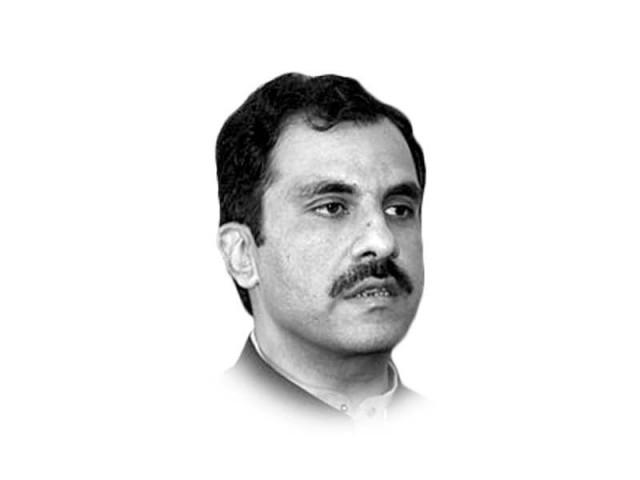At extremism en route resilience
With architecture of extremes in place, we are to still find our way through political, social, economic instabilities

The writer is a civil servant based
in Quetta
After the birth of Pakistan came the disturbance on whether Pakistan could be a republic or an Islamic state. Pakistan, as ideated by the Quaid-e-Azam, was eventuated by the then interest groups as it begged their needs. The assassination of Liaquat Ali Khan amid this quagmire increased confusions including that of the doctrine of necessity. The episode did not solemnly end with the 1956 Constitution and caused the failure of the first constitution in subsequent years. The East-West seeds of division were sown and they underwent hibernation.
The following era was of extreme development. The economic development of that time remains unmatched and the India-Pakistan war of 1965 was well sustained. The liberal outlook of the country advanced good prospects. But amongst these, the East-West row came out of hibernation. The political differences sharply widened. The political echelons served their pride and the country was divided into two unequal halves. This pulled the plug on the second episode of extremism.
The third episode was the romance with socialism affected also by religious sentiments. The Bhutto era relied more on the ideological base than on practical and tangible development and instilled in the people political maturity. This was an extreme on the one end, and on the other end came the death of Zulfiqar Ali Bhutto in the gallows, which remains an irreparable national loss.
With the invasion of Afghanistan by Soviet Russia, the geopolitics changed drastically. National interests and agenda were rearranged, and the Jihad framework was designed without the policy of retreat which was to be the essential component of this framework. Thus, Afghanistan turned out to be the graveyard of empires not only for Soviet Russia but for Pakistan too, and the religious and social extremism came along as the spoils of war for Pakistan. This episode of extremism carried on for as long as the fall of the Twin Towers.
Next came an era of enlightenment when economic well-being improved and state development picked up pace. Foreign policy progressed and Pakistan was needed at the global scale. A heavy price was paid in terms of the retreat from Afghanistan and this episode of extremism culminated with the sorry assassination of the iconic Daughter of the East, Benazir Bhutto.
The march for democracy was the next episode of extremism in our story. The political junta split up in many factions with diverging national opinions, creating a twisted tale of democracy versus the command of a few. Pakistan’s political parties were founded and led by certain houses and persons which later became the claimants to the crown of the state. This is their version of democracy which is nothing but a road to an absolute aristocracy. This story of extremism continues amid the rise of judicial buoyancy, activism and supremacy.
The plot of our national story is evidently based on extremism. With this whole architecture of extremes in place, we are to still find our way through political, social and economic instabilities. The worrisome regional geopolitics and their gaping strategic doctrines like the information warfare, internal destabilisation, the proliferation of the identity crisis and the weakening of the state through its institutions are some of the perilous challenges we face. This is our state and we must debate on how to manage it. Let us disrupt this radio silence through healthy communications to convert this extremism into resilience to stand together and face the invisible enemies.
Published in The Express Tribune, December 21st, 2019.
Like Opinion & Editorial on Facebook, follow @ETOpEd on Twitter to receive all updates on all our daily pieces.














COMMENTS
Comments are moderated and generally will be posted if they are on-topic and not abusive.
For more information, please see our Comments FAQ